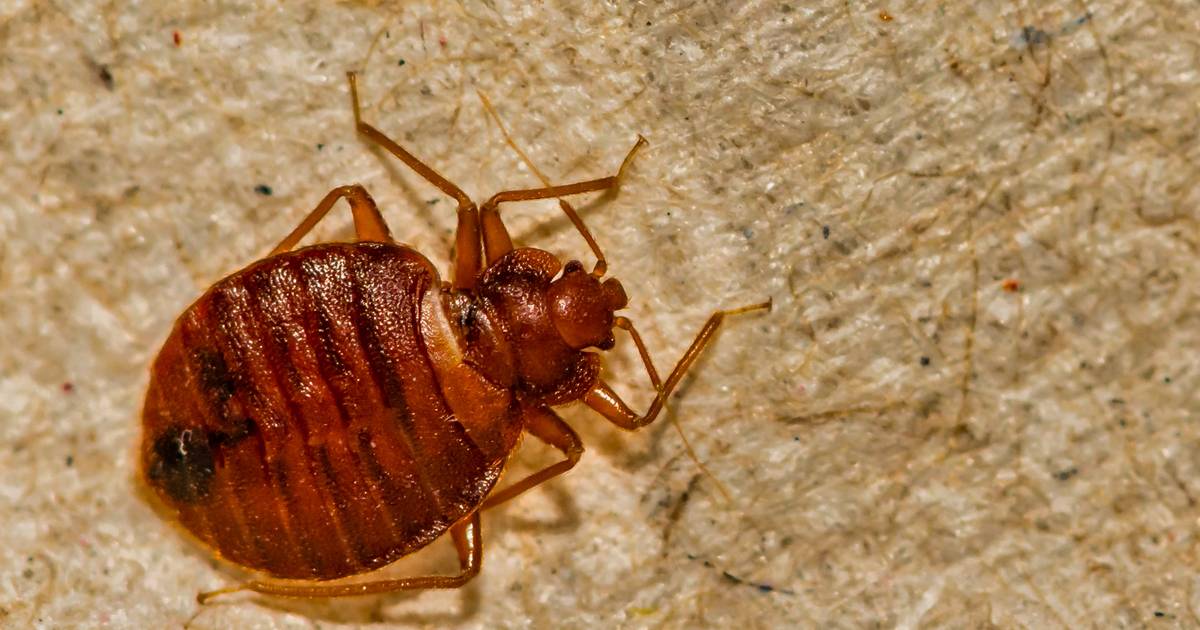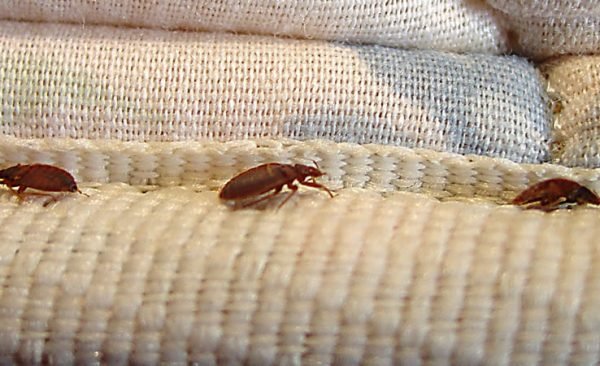Obtain Educated Regarding the Kinds Of Insect Control Techniques and Their Advantages for House Owners
Recognizing the numerous bug control techniques readily available to house owners is vital for efficient parasite management. House owners that are educated can make strategic choices that not only address pest issues but likewise boost the general high quality of their living atmosphere.
Chemical Pest Control Methods
Chemical insect control techniques are a vital part of incorporated pest administration techniques for property owners looking for effective remedies to pest infestations. These methods involve the application of chemical materials developed to remove or discourage insects that intimidate personal residential or commercial property, wellness, and comfort. Common chemicals used consist of pesticides, herbicides, rodenticides, and fungicides, each customized to target specific parasites.
The primary benefit of chemical pest control is its rapid effectiveness; lots of formulations supply immediate results, minimizing pest populations considerably in a brief time. Additionally, breakthroughs in chemical formulations have resulted in products that are extra eco-friendly and have lower toxicity levels for non-target organisms when applied appropriately.

Organic Bug Control Techniques
All-natural insect control techniques have acquired prestige as home owners look for more secure and a lot more lasting choices to traditional chemical strategies. Biological bug control techniques make use of natural predators, parasites, or virus to manage bug populaces efficiently. This approach is not only environmentally pleasant yet likewise reduces the threat of damage to non-target types, consisting of helpful pests and wild animals.
Among the most usual biological control approaches includes introducing natural predators right into the environment. Ladybugs can be utilized to manage aphid populaces, while nematodes target soil-dwelling parasites like grubs. In addition, parasitoids-- microorganisms that live on or within a host-- can be utilized to manage specific bug varieties by laying eggs inside them, inevitably causing their death.
One more approach is the use of biopesticides, which are originated from all-natural materials such as minerals, bacteria, or plants (bed bug exterminator). These items can effectively target parasites while posing very little risk to humans and animals. Overall, biological bug control strategies give home owners with an effective ways of insect management that straightens with environmental concepts, promoting a much healthier living setting while minimizing dependence on artificial chemicals
Mechanical Bug Control Approaches
Mechanical insect control methods include a range of techniques that physically prevent or eliminate insects without making use of chemicals. These strategies are particularly valuable for house owners seeking ecologically friendly alternatives while making sure the safety of their space.
One typical technique is the usage of obstacles, such as internet, traps, and displays, which prevent bugs from getting in homes or details areas. Setting up window screens can effectively maintain bugs out, while making use of physical obstacles around yards can prevent bigger pests like deer or rabbits. Furthermore, mechanical traps made for rodents can capture and get rid of these parasites without the demand for hazardous compounds.
An additional efficient approach involves the usage of vacuums and brooms to remove pests directly from surface areas. Routine cleansing and upkeep bed bug exterminator can substantially reduce parasite populations by removing food resources and concealing places. Moreover, using tools like ultrasonic pest repellents can discourage numerous insects via noise waves that are undesirable to them however faint to human beings.
Cultural Bug Control Practices
Social pest control techniques concentrate on customizing the atmosphere and monitoring techniques to produce conditions that are much less for pest problems. These techniques are essential in maintaining a well balanced ecological community and minimizing the reliance on chemical interventions. By modifying agricultural practices, homeowners can successfully deter bugs while promoting plant health.
One usual technique consists of plant rotation, which disrupts the life cycles of pests by changing the kinds of plants expanded in a certain location (bed bug exterminator). This not only decreases pest populations yet additionally enhances soil health. Furthermore, intercropping-- growing diverse crops in proximity-- can confuse parasites and minimize their capacity to locate their favored host plants
Water monitoring is another vital aspect of cultural methods. Appropriate watering methods can protect against standing water, which works as a breeding ground for mosquitoes and various other pests. Preserving tidiness in and around the home, such as on a regular basis eliminating debris and food waste, can significantly decrease insect attraction.
Including these social techniques right into a thorough parasite management approach allows home owners to produce an atmosphere that naturally hinders bugs, consequently improving the efficiency of other control techniques while promoting sustainable horticulture and landscaping.

Integrated Pest Administration Approaches
Integrated Pest Monitoring (IPM) stands for an all natural strategy that combines different techniques to successfully manage insect populations while lessening ecological effect. This method integrates organic, social, physical, and chemical methods to achieve sustainable insect control. By examining pest populations and their natural enemies, IPM emphasizes surveillance and recognizing pests prior to implementing control actions.
Among the core principles of IPM is using limits, which establish the degree of bug activity that warrants intervention. This ensures that treatments are applied just when needed, lowering the dependence on chemical pesticides. Organic control approaches, such as presenting all-natural predators or bloodsuckers, work in combination with cultural methods like plant turning and environment control to disrupt pest life cycles.
Furthermore, IPM urges making use of least-toxic chemical choices when intervention is needed, prioritizing products that present marginal danger to non-target microorganisms and the environment. For homeowners, taking on IPM comes close to not only boosts the efficacy of bug management but likewise promotes a healthier living setting, promoting biodiversity and reducing chemical direct exposure. Eventually, IPM encourages property owners to make educated decisions that stabilize insect control with eco-friendly duty.
Conclusion
In final thought, comprehending the different parasite control methods empowers home owners to make informed decisions relating to pest management. Each approach-- chemical, organic, mechanical, social, and incorporated parasite monitoring-- offers unique benefits that satisfy different requirements and preferences. By selecting suitable methods, property owners can successfully manage parasite populaces while decreasing health and wellness risks and environmental influences. This educated approach contributes to a healthier living environment, promoting general well-being for animals and family members alike.
Comprehending the various pest control techniques offered to property owners is crucial for efficient insect management.Chemical bug control methods are an essential component of incorporated pest monitoring strategies for house owners seeking efficient options to pest invasions. In general, biological bug control techniques give homeowners with an efficient ways of parasite management that lines up with environmental concepts, advertising a much healthier living setting while minimizing dependence on synthetic chemicals.
Social bug control techniques concentrate on customizing the setting and management strategies to create conditions that are much less conducive to pest problems.In final thought, recognizing the various parasite control techniques empowers property owners to make enlightened choices relating to pest monitoring.
Comments on “Reliable Exterminator Services to Safeguard Your Home from Unwanted Pests”